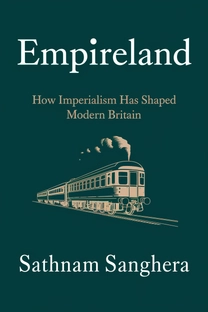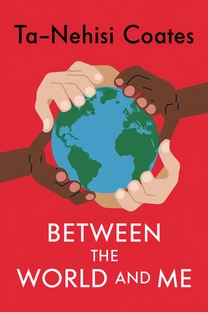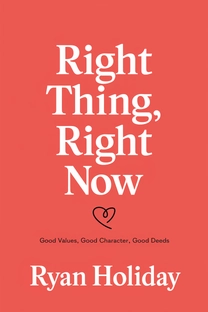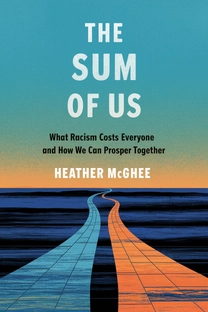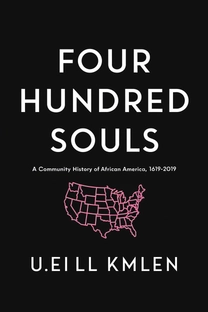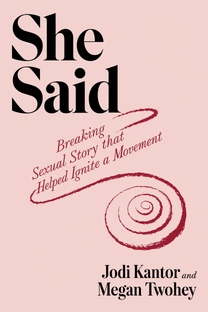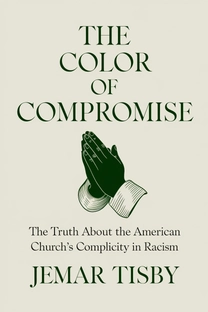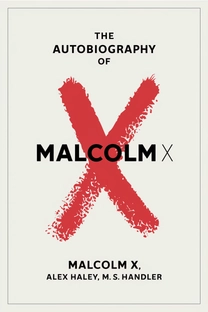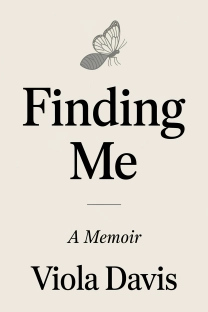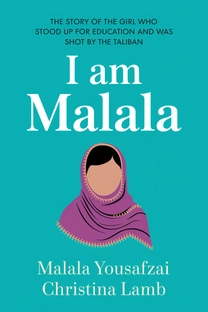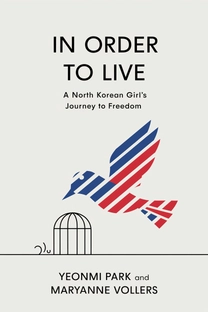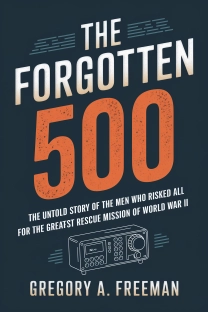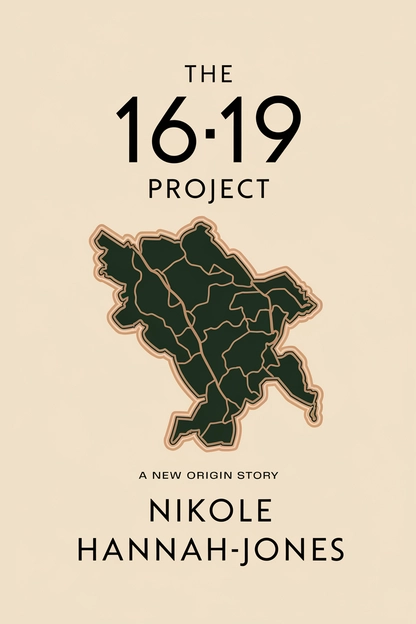
The 1619 Project
A New Origin Story
by Nikole Hannah-Jones
Brief overview
This book explores how America’s troubled legacy of slavery and racism has shaped its laws, culture, and national identity. Through stories and essays that focus on labor, rebellion, and resilience, it demonstrates Black Americans’ pivotal role in forging a more democratic society. By shedding light on hidden histories and challenging common myths, it invites readers to understand how the past continues to influence our present.
Origins of a Nation
In the early colonial era, English settlers imported enslaved Africans, mixing forced labor into the very fabric of the fledgling colonies. These first arrivals brought skills, but they were also subjected to brutal laws that defined them as property. Over time, much of the wealth in colonies like Virginia depended on chattel slavery, laying an economic foundation for the new nation.
Slavery soon became more than an economic system; it influenced how colonists viewed liberty itself. White settlers believed their freedom hinged on complete control over the lives of Black men and women they forced to work. This contradiction—championing liberty while upholding bondage—laid the groundwork for a deep hypocrisy in the emerging Republic.
Tensions flared whenever leaders sensed possible revolts. News of enslaved people fighting for independence rippled through the colonies, fueling the fear that their human property might seek a freedom akin to the one colonists wanted from Britain. These anxieties helped propel the call for independence, so the pursuit of the American Revolution and the preservation of slavery were, in some cases, intertwined.
Building the Republic on Bondage
When the Declaration of Independence proclaimed inalienable rights, its authors largely excluded enslaved people. This omission was not an oversight—many founders purposely left slavery intact to ensure the colonies’ economic and political stability. As a result, core documents like the Constitution subtly enshrined the protectiveness of enslavement without ever using the word.
Even well-known revolutionaries worried they could not maintain economic prosperity without forced labor. In Virginia, where the majority of founding leadership emerged, affluence and political status often came from the profits of enslavement. Consequently, the new federal framework quietly protected the institution through clauses about militias and property rights.
This constitutional acceptance of slavery had lasting repercussions. It set the stage for centuries of legal and cultural divides over who counted as fully “American.” Over time, Black and white Americans would battle fiercely over these founding contradictions, from whether enslaved people would count toward representation in Congress, to who had the right to vote and defend themselves under law.
What is The 1619 Project about?
The 1619 Project: A New Origin Story reexamines America’s earliest days and reveals how slavery shaped the nation’s culture, economy, and identity. By weaving personal essays, historical details, and new scholarship, Nikole Hannah-Jones shows that Black Americans’ labor, expertise, and fight for equality were central to building the country’s wealth and laws.
From the first enslaved Africans arriving in Jamestown to modern-day conversations about systemic inequities, this book offers an unflinching perspective on how history connects to the present. It challenges readers to understand democracy more fully by acknowledging the stories and struggles that shaped America’s core principles.
Review of The 1619 Project
One of this book’s key strengths is how it combines thorough research with personal narratives, revealing overlooked details about the founding of the United States. Readers will discover practical insights by seeing how past events tie into today’s social, economic, and political challenges, creating a clearer picture of how historical injustices still resonate.
Nikole Hannah-Jones writes in accessible prose, supported by other contributions that add breadth and depth. This approach makes it engaging for scholars, educators, and everyday readers alike. The essays invite self-reflection while maintaining a steady focus on the larger narrative surrounding slavery, race, and American ideals.
Overall, The 1619 Project: A New Origin Story serves as a compelling call to reconsider the nation’s founding myths. I recommend it for anyone ready to explore untold truths and broaden their knowledge of how our shared history continues to shape modern America.
Who should read The 1619 Project?
- History educators looking to diversify their lesson plans with fresh perspectives
- Policy analysts studying how racial inequities trace back to America’s founding
- Social justice advocates seeking deeper context for activism and reparative initiatives
- General readers hoping to learn why 1619 matters to current cultural debates
About the author
Book summaries like The 1619 Project
Why readers love Mindleap
10-Minute Book Insights
Get the core ideas from the world's best books in just 10 minutes of reading or listening.
Curated For You
Discover your next favorite book with personalized recommendations based on your interests.
AI Book ExpertNew
Chat with our AI to help find the best book for you and your goals.
Reviews of MindLeap
Love how I can get the key ideas from books in just 15 minutes! Perfect for my busy schedule and helps me decide which books to read in full.
Alex R.
The summaries are incredibly well-written and the audio feature is perfect for my commute. Such a time-saver!
Jessica M.
Great app for personal growth. The insights are clear and actionable, and I love how they capture the essence of each book.
Chris P.
The app is beautifully designed and the summaries are top-notch. Definitely worth every penny!
Sarah K.


